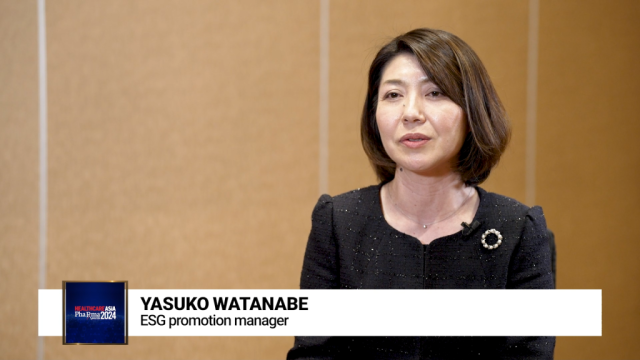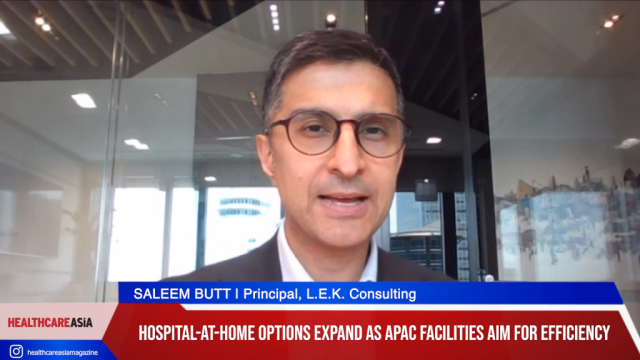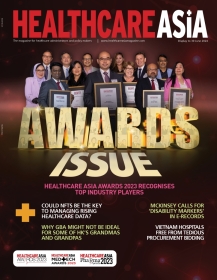Taiwan’s CGMH thrives in smart healthcare
The private not-for-profit hospital boasts over 10,000 beds across its nine hospitals.
Chang Gung Medical Healthcare (CGMH), founded in 1976, is set to redefine the standards of healthcare in the nation.
Currently, nearly five decades later, the institution has 10,000 beds spread across nine hospitals on the island.
Dr. Yu-Ray Chen, director of Chang Gung Medical Foundation’s board of directors, told Healthcare Asia that they implemented several healthcare initiatives in their hospitals such as paperless operations and structuring, amongst others.
As a smart hospital, CGMH put up other innovations such as the comprehensive medical closed-loop system, which allows traceability across the entire medical process.
With this system, nursing stations now “efficiently support clinical nursing work, encompassing nursing assessment, automatic score calculation, recommended nursing measures, automatic generation of nursing task lists, and the utilization of electronic whiteboards and bedside cards with facial recognition for logins.”
Aside from this, the hospital also features a comprehensive AI-intelligent customer service system with bidirectional communication capabilities. This enabled CGMH to reduce 50% of processing time for customer services.
“This system provides 24/7 service across all Chang Gung hospitals, allowing the public to utilise voice or text-based chatbots for services such as appointment scheduling, bed inquiries, and general inquiries,” said Chen.
Specialisation and expertise
What distinguishes this hospital from others is its unwavering commitment to excellence in every aspect of medical services.
They have gained worldwide recognition for their proficiency in liver transplantation, cardiac surgery, microsurgery, and president reconstruction, amongst others.
International physicians are drawn to this institution for its expertise, and many international healthcare professionals have been trained here, further extending their global impact.
Challenges and the path forward
One of their challenges is keeping up with the rapid development of new medical technologies while maintaining affordability.
Their goal is to make world-class healthcare accessible to the masses. Investments in high-tech treatments like proton therapy, AI research, and advanced surgical techniques, including robotic surgery with instruments like Da Vinci, are on the horizon.
“In the future, we do have very high-tech technology like proton therapy, AI research, and DaVinci, which is an advanced surgery tech,” said Dr. Chen.























 Advertise
Advertise









Commentary
Evolving the Healthcare landscape in Singapore with Integrated Ambulatory Surgical Centres